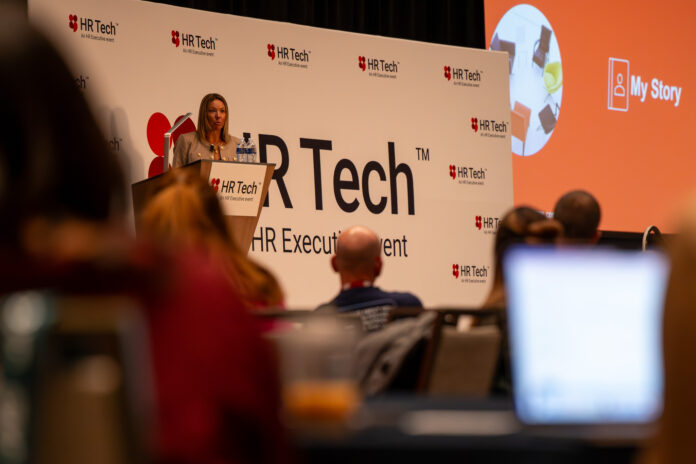Sumser: HR does not have all the answers – and that is ok!
- HRM Asia Newsroom

How fast do things change in your organisation? Is the speed consistent, or does it vary wildly? Is the change incremental or do you lurch? Is your answer today the same as it was in late January?
My guess is that you have a sense of the answer but cannot put a number on it. In some companies, change is the result of a well-planned and intentional process. In others, the planning never really seems to take root. There, change feels slow and difficult. In still others, change spikes around unplanned phenomenon. The culture thrives on opportunity and always makes lemonade from lemons.
Every organisation, every subset of the organisation and every individual in it have their own pace for integrating change. We are not very close to being able to measure the entirety and its constituents. We do not really have a good theory for how it happens and how it varies.
If we have learned anything in the past six months, it is that we are not always in control of the rate of change. Things that used to take years happened in days. Control loosened. Goals became more important than methods. Risk analysis took a back seat to getting it done.
And “poof!”, we shifted from centralised to distributed work wherever we could. No gradual transitions. No tiptoeing around political landmines. No stakeholder consensus building. Just “poof!”
Every single job in the economy changed. Every single worker encountered a new reality overnight.
It is tempting to think that we can keep moving at the pace that got us here. The roles and responsibilities have been rearranged. Layoffs are still happening. Pay cuts have begun.
It is as if we hurriedly packed and moved one night, just before the disaster hit. In my town, everyone has a story about collecting their most important things just before the wildfires came through. Our businesses look like a collection of the things we thought were important before the pandemic hit.
We are waiting for an all-clear signal that most likely will not come any time soon. But it is essential to remember that this is a temporary campsite, not our permanent future. It is equally important to understand that we are not going back.
Please do not accept the idea that we are living in the new normal. It is much more like we are living in an old Winnebago while on an unanticipated road trip. We have a place to sleep, a place to cook and a way to get around. But this is not our new home.
Resist the temptation to believe that we understand the problem. We are still on the road and have not yet found out where we are going to settle. Of course, economics matter. But this disruption does not affect all businesses and people equally. Do not blindly accept the idea that we have somehow arrived.
We live in an artificial economy, buoyed by US$3 trillion in free money and a Federal Reserve engaged in extreme efforts to keep the economy moving. We simply will not understand what is happening and which problems we should solve until we are beyond those manipulations. That may be a while.
Until then, we live in a temporary reality. It is a fantastic time to experiment and a terrible time to make long-term plans. Businesses love to proceduralise things. That is the core philosophy of the MBA. But, as we all know, procedures have a tendency to become permanent.
The exhausting thing about this time is that every decision, conclusion, process innovation and proposed innovation needs to be simultaneously executed in a hurry and closely examined for long-term consequences. Settling into a groove makes you vulnerable to the next disruption.
And, there are going to be more significant disruptions: the next waves of the virus, the election, the post-election time frame and the changes in government support (PPP and other programmes).
For the time being, we must continue to solve the next biggest problem we encounter, being mindful that the solution sets only a limited precedent. It is time to deeply consider what has changed, what else we should change, what is the right thing to do for people and our organisations, and head in that direction. This, however, is not our home.






